The Prime Minister requested ministries, branches and localities to be proactive and creative in the process of building laws and organizing their implementation; to always innovate and go beyond normal thinking.
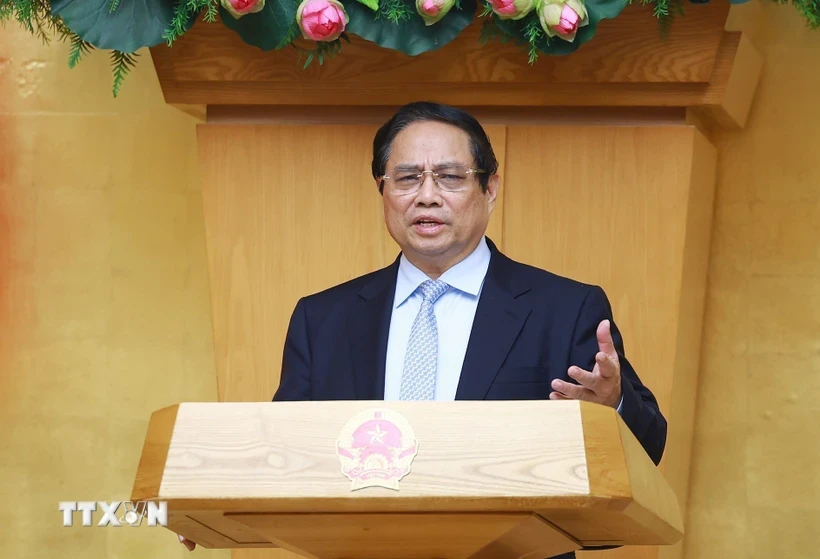
On the morning of April 18, Prime Minister Pham Minh Chinh chaired the second thematic Government meeting on law making in April 2025 to review and give opinions on five contents of law making.
Also attending were Deputy Prime Ministers; Ministers, Prime Ministers of ministerial-level agencies, members of the Government; leaders of ministries, branches and agencies under the Government.
Opening the meeting, Prime Minister Pham Minh Chinh said that at the 9th Session, the Government plans to submit to the 15th National Assembly 63 documents and reports, including 37 laws and normative resolutions.
This is a large and important number of documents, with a profound impact on the whole society. There is not much time left from now until the opening of the 9th Session of the 15th National Assembly, but the amount of work that needs to be prepared is huge, the tasks are very heavy, the requirements are very high, and the nature is very complicated.
In early April, the Government held a meeting to review and comment on 6 draft laws and resolutions. However, due to work requirements, today the Government continues to hold the 2nd meeting in April 2025, to promptly comment on draft laws expected to be submitted for approval at the 9th Session of the 15th National Assembly to ensure progress and quality.
Along with submitting laws and resolutions, the Government and ministries and branches must develop decrees and circulars to organize the implementation of laws.
Sharing, at the P4G Summit and other conferences and meetings, many domestic and foreign enterprises reflected on institutional problems; enterprises have to go to too many agencies to solve a problem and the decision-making and policy-making is still slow, the Prime Minister emphasized that institutions are still the bottleneck of bottlenecks, so we must spend time and effort to remove, build and perfect the legal system; especially, in the face of rapid and fierce developments, solving problems must also be quick and decisive, because hesitation will lose opportunities.
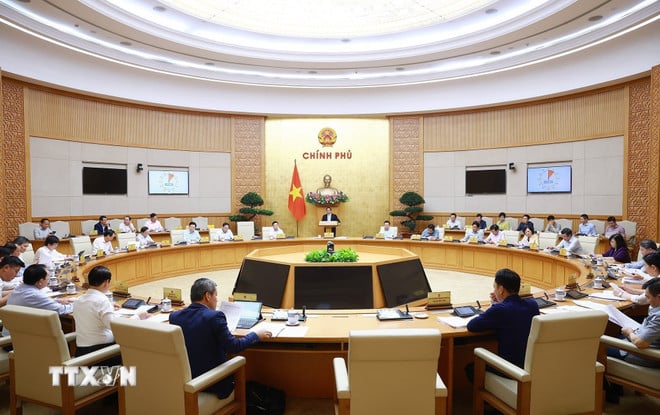
The Prime Minister said that the world is currently changing rapidly, complicatedly, with more difficulties than opportunities and advantages, making it clear that the determination of our Party and State to build an independent, self-reliant economy, actively and proactively integrating deeply, substantially and effectively into the international community is completely wise and correct, because there is no single market, but only the national and ethnic interests, with harmonious benefits and shared risks.
The Prime Minister requested ministries, branches and localities to be proactive and creative in the process of building laws and organizing the implementation of laws; to always innovate, go beyond normal thinking; closely follow reality; have an approach and methodology to handle a practical problem that is quick, flexible, appropriate and effective.
According to the Prime Minister, the current difficulties are not as great as those our country and people have overcome over the past 80 years. Therefore, we must be calm, persistent, steadfast, and creative; the more difficult it is, the calmer we are to be creative, flexible, and overcome it; but we must not be subjective or negligent; we must maximize advantages, common points, and common interests in international relations, while minimizing disagreements and finding the most favorable path.
In that spirit, the Prime Minister directed the development of laws in the spirit of designing a policy framework to meet practical requirements, including practical problems that have been overcome and practical problems that have arisen. Laws must be developed and perfected in the direction of promoting decentralization and delegation of power, along with resource allocation and strengthening supervision and inspection.
The Prime Minister pointed out that the Central Government will do what it knows; it will not do what it does not know; eliminate the mindset of managing without knowing; the Central Government will manage by policies and laws, not manage direct tasks but decentralize and delegate power to promote creativity and initiative of all levels and sectors.
Maximally reduce cumbersome and unnecessary administrative procedures, reduce compliance costs for people and businesses; assign one task to only one agency, assign the best agency, assign the best level; assign authority along with responsibility and control of power; let the people and businesses do what they can do or do better.
Prime Minister Pham Minh Chinh requested Ministers, heads of sectors, and members of the Government to strengthen the responsibility of all levels, along with that is the authority and resources. If we do not have them, how can we properly implement the spirit of state management, which is to design laws, design policy mechanisms, allocate resources and monitor, inspect, summarize, reward and strictly discipline; eliminate the mechanism of asking and giving; implement digital management using digital transformation tools to reduce human-to-human contact, reduce negativity, and reduce costs.
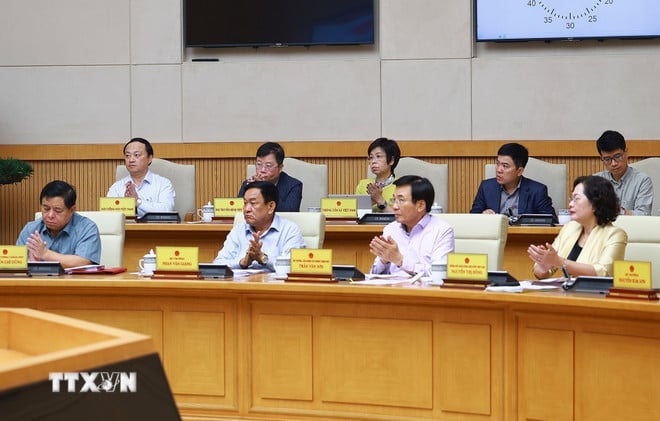
With the spirit of “speed, even faster…” of the Great Victory of Spring 1975, the Prime Minister requested that Government members promote their spirit and responsibility, focus their intelligence and efforts on the work of building and perfecting legal institutions; focus on discussing important issues with different opinions that need to be discussed and consulted with the Government; ensure the progress and quality of the meeting.
According to the program, at the meeting, the Government reviewed and commented on 5 legal construction contents including: Draft Law on amending and supplementing a number of articles of the Law on Planning; Draft Law on State Budget (amended); Draft Law on amending and supplementing a number of articles of the Law on Bidding, Law on Investment under the public-private partnership model, Law on Customs, Law on Export Tax and Import Tax, Law on Investment, Law on Public Investment, Law on Management and Use of Public Assets; Draft Law on amending and supplementing a number of articles of the Law on Enterprises; Draft Law on amending and supplementing the Law on Credit Institutions.
Source








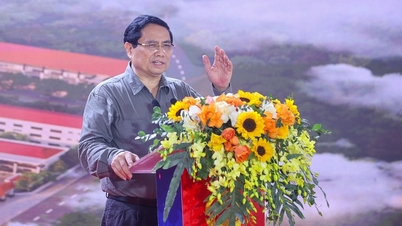

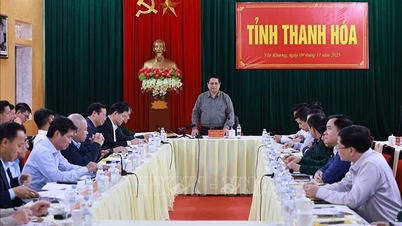

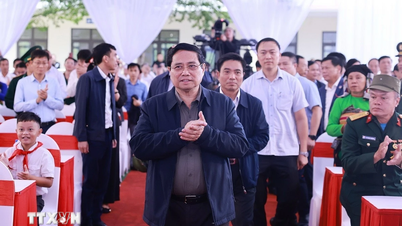




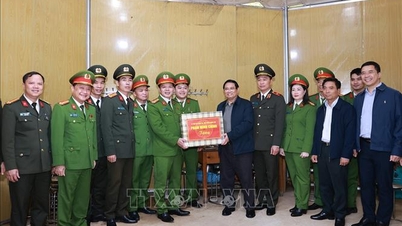




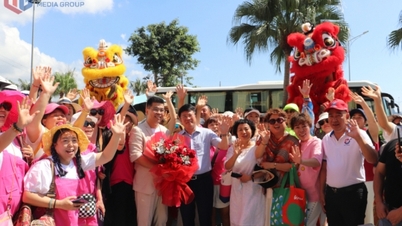
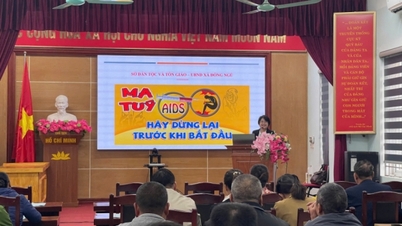








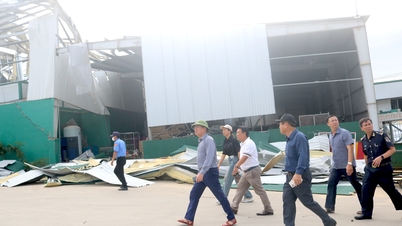





































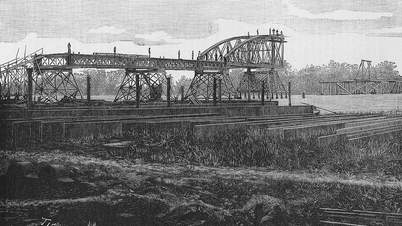
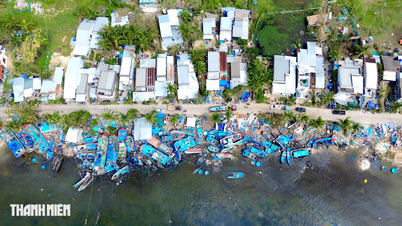
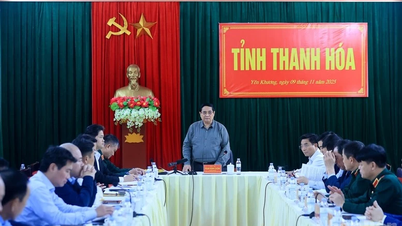



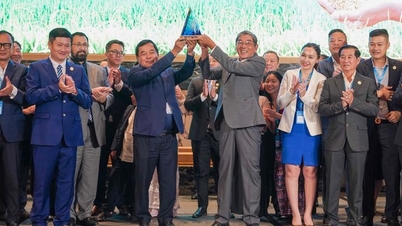



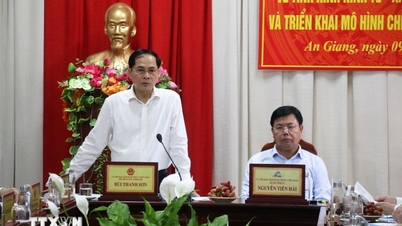



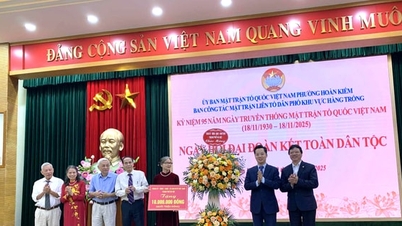



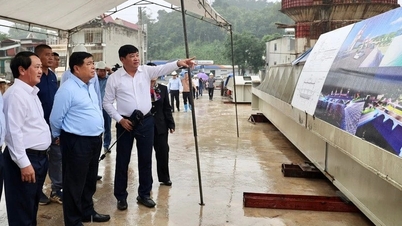


















Comment (0)